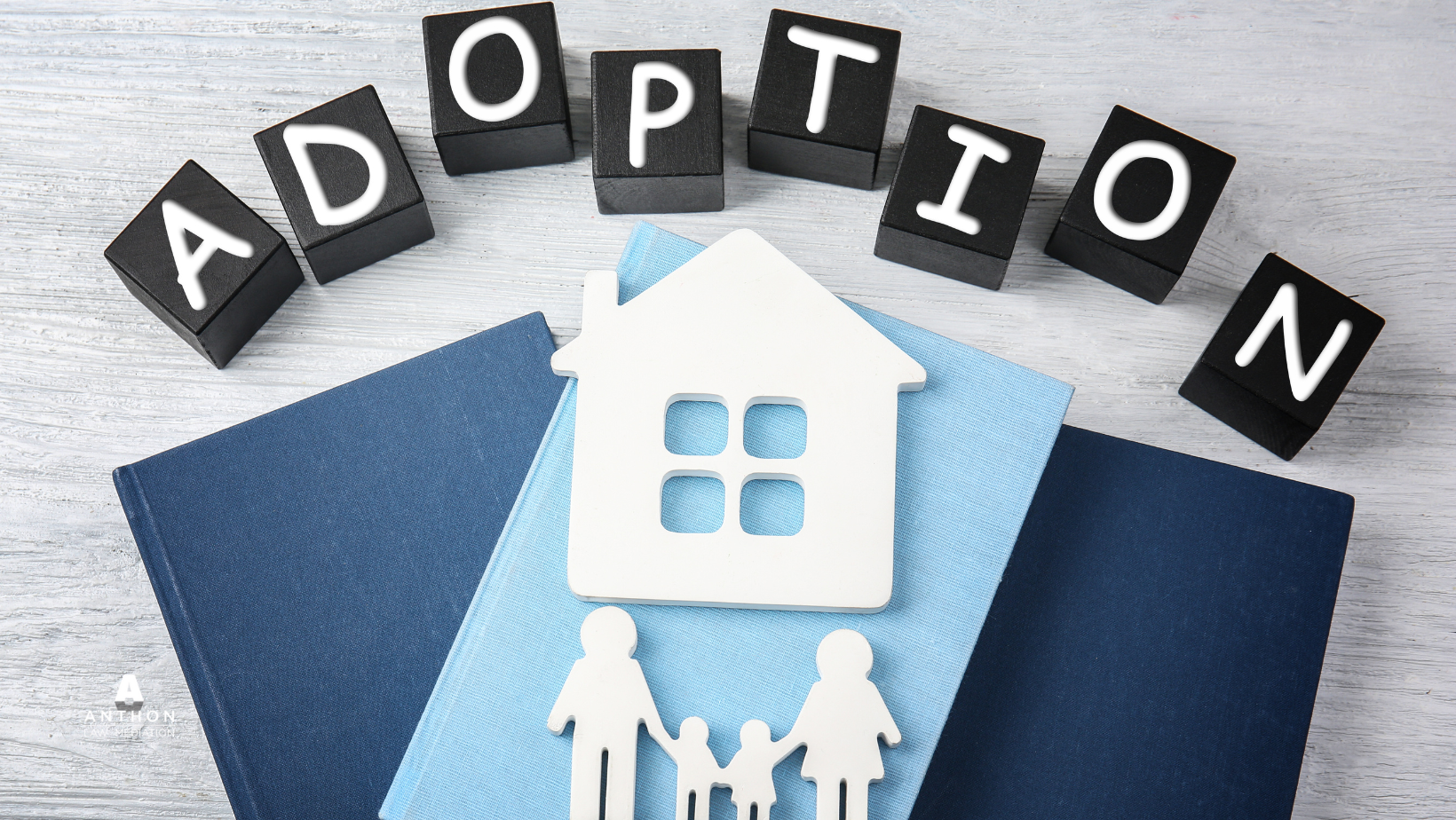Idaho Adoption Made Simple
Adoption is one of the happiest days a court ever witnesses, but the process to get there has some legal twists. This friendly guide helps Idaho families navigate the main paths to adoption, the papers and approvals you’ll need, and how to keep your case moving from the first conversation to the final decree.
Idaho families usually adopt through one of four routes: agency or independent adoption, stepparent adoption, relative/kinship adoption, or foster care adoption. Each route involves common steps like background checks, consents, and court filings, but they each have their own pace.
Private adoptions usually focus on matching and birth-parent planning. Stepparent and kinship adoptions aim to formalize a bond that already exists. Foster care adoptions include the child-protection timeline and often provide helpful post-adoption support. The best choice is the one that suits your family’s situation and the child’s needs.
Make Sure You Are Eligible
Before you sprint, make sure you’re cleared to run. Idaho allows adults, whether single or married, to adopt, and the court looks for a stable home, good character, and the ability to meet a child’s needs.
Expect background checks, references, and proof of financial stability. Married petitioners generally proceed together. The venue is usually the district court (magistrate division) in the county where you reside. For many of my clients, this is Ada County (Boise), but we handle cases from Meridian, Nampa, Caldwell, Idaho Falls, Twin Falls, and surrounding areas.

Private, Stepparent, Kin, or Foster
Private adoption can be agency-led or independent, with the assistance of an attorney. You’ll develop a plan with the birth parents, cover allowable expenses, and adhere to interstate regulations if a participant resides out of state.
Stepparent adoption formalizes an existing parent-child relationship; a key step is addressing the rights of the other biological parent, either through consent or, if necessary, via court termination.
Relative or kinship adoption (grandparents, aunts, uncles, adult siblings) focuses on maintaining continuity and stability for the child; courts often simplify requirements when the child has already been in your care.
Foster care adoption follows child protection timelines: reunification is attempted first; if rights are terminated, foster parents are often the first to have the opportunity to adopt. Many foster adoptions include post-adoption supports that help families succeed.
Home Study: What It Is (and When It’s Waived)
Think of the home study as your family’s resume. A licensed professional conducts an interview with household members, inspects safety items in the home, reviews health and financial information, and then writes a recommendation for the court. In private and many kin placements, a home study is standard; in stepparent and some grandparent cases, judges may waive it if the child has long lived safely with you.
Foster families handle much of this during foster licensing, making the adoption step usually easier. A straightforward, honest process works best, so be sure to answer questions openly, keep documents organized, and treat your evaluator like a teammate.

Consents, Termination, ICPC & ICWA
Every adoption relies on paper and people. The paper includes petitions, notices, and proofs needed by the court. People are those whose consent is law-required, often the child’s legal parents, and sometimes the child, depending on age. When consent isn’t available, courts can terminate parental rights based on legal grounds to protect the child’s best interests.
If your case crosses state lines, the Interstate Compact on the Placement of Children (ICPC) must approve the placement before a child moves. If the child is a member or an eligible member of a federally recognized tribe, the Indian Child Welfare Act (ICWA) provides important procedural safeguards. These procedures can seem complicated; having legal counsel to advise you correctly helps prevent delays and distress.
From Petition to Decree
Once you have your consents (or termination order) and home study ready, you will file a Petition for Adoption in your county. The court might schedule a short hearing to verify that all legal requirements are met and that the adoption is in the child’s best interests. Many families find this to be a joyful, memorable moment when your Final Decree of Adoption is signed, and you can request a new birth certificate that reflects the child’s new name and legal parents.
In many private and foster cases, there is a post-placement period with a few supervisory visits before finalization; stepparent and certain kinship adoptions can proceed more quickly when the child is already settled in your home.

Timelines, Costs, and Support
Timelines vary. Stepparent and kinship adoptions (uncontested) may wrap up in months. Private infant adoptions depend on matching and are usually finalized after a short post-placement period.
Foster adoptions often take longer overall because of the child-protection case, but finalization usually goes smoothly once rights are terminated. Costs also differ because private adoptions include agency and legal fees; stepparent/kin adoptions are generally affordable; foster adoptions tend to be low-cost and may consist of subsidies such as monthly assistance and medical coverage for eligible children.
Many families also explore the federal adoption tax credit. Talk with your tax professional about eligibility.
Roadblocks, Detours, and How We Clear Them
Common issues include difficulty locating a noncustodial parent, consent disputes, or incomplete paperwork. We prepare early by outlining the necessary notice for a parent’s absence and determining the legal grounds, such as abandonment, for termination.
If your adoption is interstate, we front-load ICPC requirements so placement isn’t stuck in limbo. And if a judge requests more information, an updated home study, an addendum, or additional proof, we shepherd it quickly so your hearing stays on track.

How Our Firm Helps
My approach is straightforward with clear steps, supportive counsel, and efficient filings.
Whether you’re a Boise stepparent ready to formalize the bond you already share, a Meridian couple pursuing private adoption, a Nampa grandparent seeking stability for a grandchild, or a foster parent in Idaho Falls preparing to finalize, we’re with you from first question to final decree.
We coordinate with agencies and caseworkers, prepare airtight petitions, and stand beside you in court so the legal process feels manageable and human.
Let’s Build Your Forever Family
Adoption changes a child’s future and yours. If you’re exploring how to adopt a child in Idaho, have questions about stepparent adoption in Boise, or want to understand foster‑to‑adopt timelines and supports, let’s talk.
Contact Anthon Law for a friendly consultation. We’ll help you pick the right lane, handle the paperwork, and celebrate with you at the finish line.
This article is general information, not legal advice. Adoption requirements and procedures can change; consult an attorney about your specific situation.





